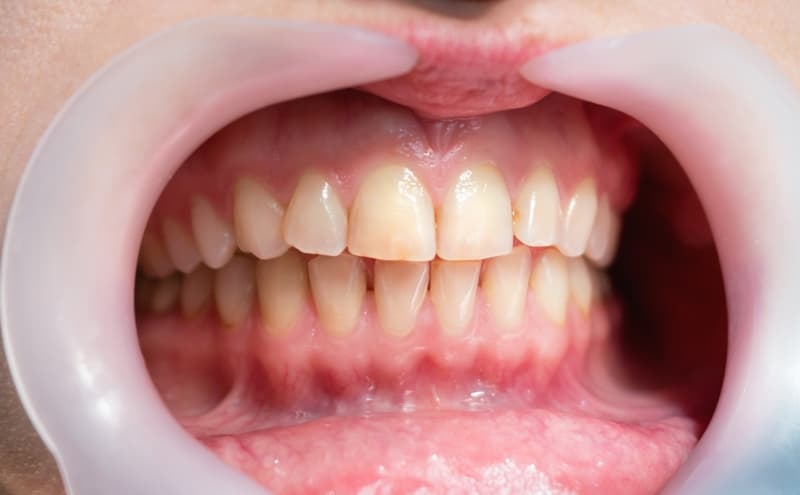Alzheimer’s – Common Risks

Though researchers are uncovering more details about Alzheimer’s every single day, neither a concrete cause nor a remedy has been seen as for that disease. Conflicting research findings as well as an lack of ability to identify the condition with 100% precision throughout a patient’s lifetime present hurdles in researchers’ efforts to demystify the condition in a manner that will ultimately result in its cure. Though nobody direct cause has been discovered for Alzheimer’s, numerous risks happen to be identified that researchers hope will ultimately result in the capability to 100% precisely identify and treat the condition. The danger factors of Alzheimer’s are constantly researched and updated as increasing numbers of details about the condition was discovered.
Age: Probably the most broadly recognized risk factor for Alzheimer’s is age. The chance of developing Alzheimer’s is greater like a person matures, with a few studies suggesting that the chance of developing the condition doubles every 5 years once you hit 65.
Genetics: Genetics continues to be going to be associated with Alzheimer’s. The inclination from the disease to operate in families can typically be associated with genetics in many cases, but doesn’t eliminate ecological factors that could also lead. An individual whose parent, brother or sister or child has Alzheimer’s includes a greater possibility of developing the condition than individuals who’ve no family people using the disease. Furthermore, the chance of developing the condition is commonly greater for an individual that has multiple family people using the disease. Scientific study has identified some specific genes that appear to may play a role once the disease exists, which might set the precedent for major breakthroughs in the opportunity to identify or perhaps predict Alzheimer’s later on.
Education Level: Surprisingly, it’s broadly thought that an individual’s degree of education plays a part in their chance of developing Alzheimer’s. Studies have brought to the fact that patients that have had more many years of formal schooling possess a lower chance of developing the condition.
Bloodstream Pressure and Cholesterol: Growing evidence shows that high bloodstream pressure and cholesterol, broadly known risks for heart disease, may also be associated with Alzheimer’s.
Lifestyle factors: Numerous research has linked nutritional habits with the introduction of Alzheimer’s. An eating plan lower in fat and in antioxidants is believed to supply some extent of protection against Alzheimer’s. Similarly, smoking, not receiving exercise along with a high alcohol consumption are viewed to improve the danger.
The interrelated nature of Alzheimer’s risks poses challenges to researchers. For example, a lesser degree of education might be associated with Alzheimer’s, but can be a consequence of other ecological factors such as poverty, which may be associated with an individual’s familial background. High bloodstream pressure and cholesterol can be viewed as risks for Alzheimer’s, but they are also likely the result of a poor diet, that is recognized as another risk factor. Extensive scientific studies try to constantly reveal more proof of what can cause Alzheimer’s and just how it may be avoided or alleviated, keeping hope alive the healthcare industry will at some point be outfitted using the understanding to combat the condition.


